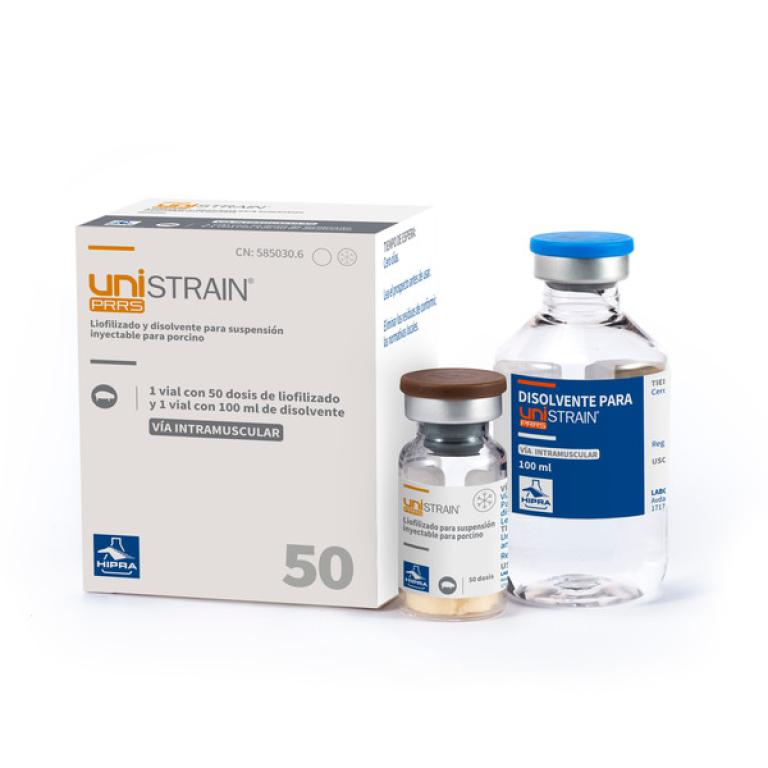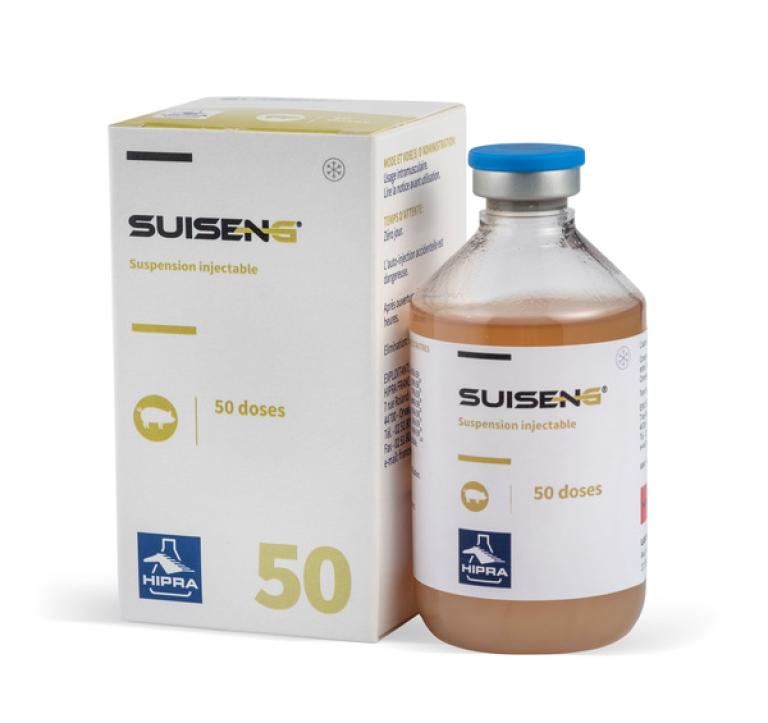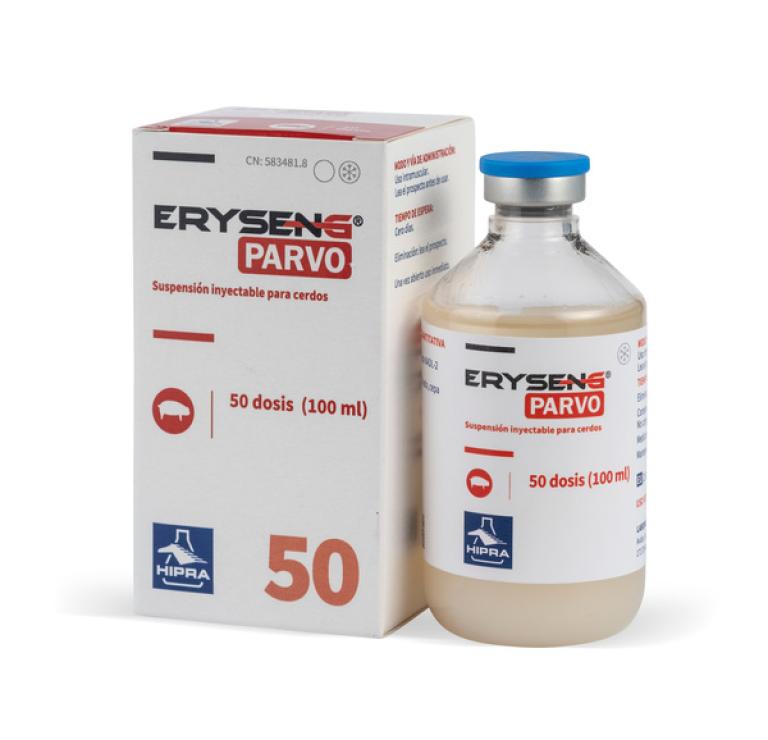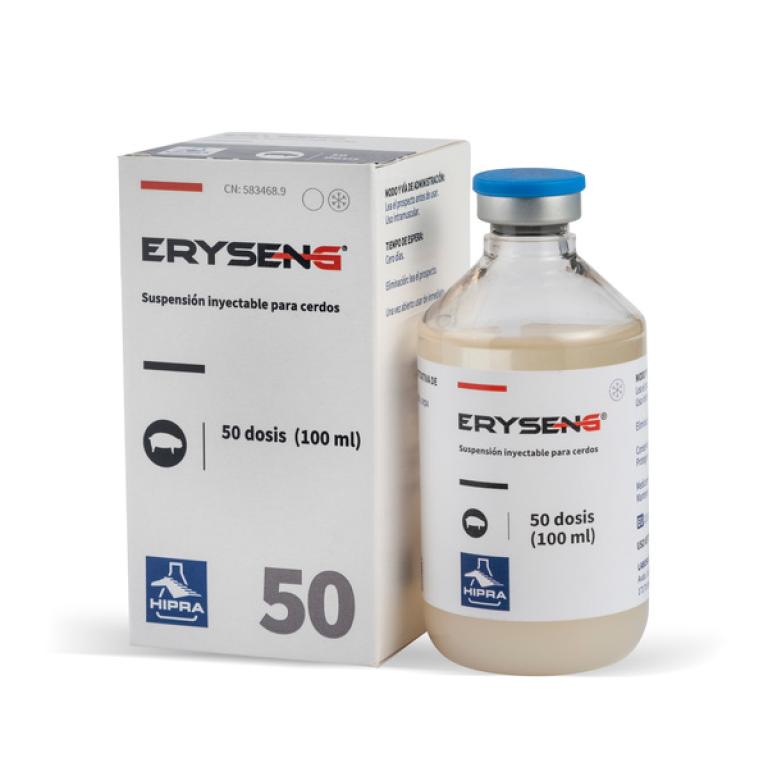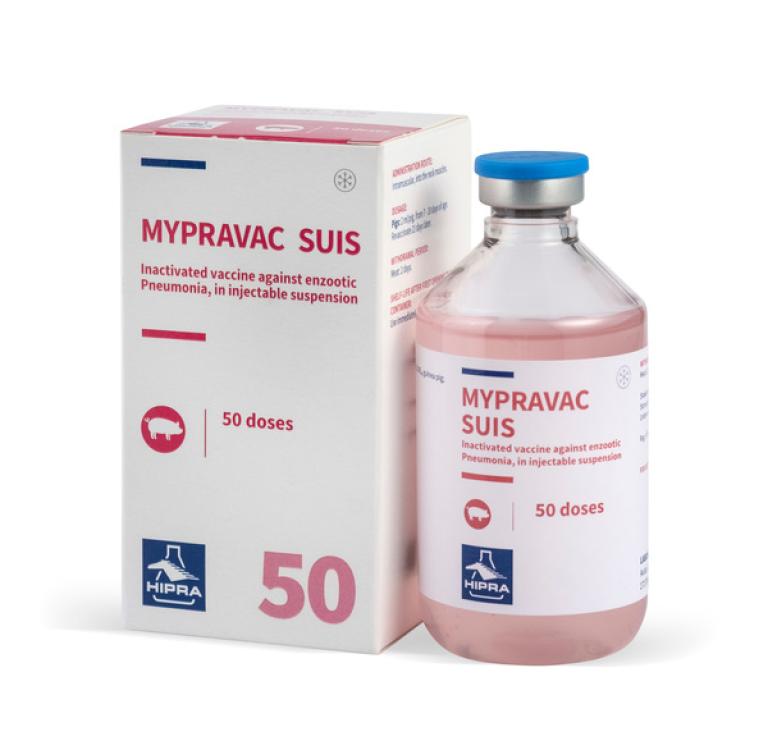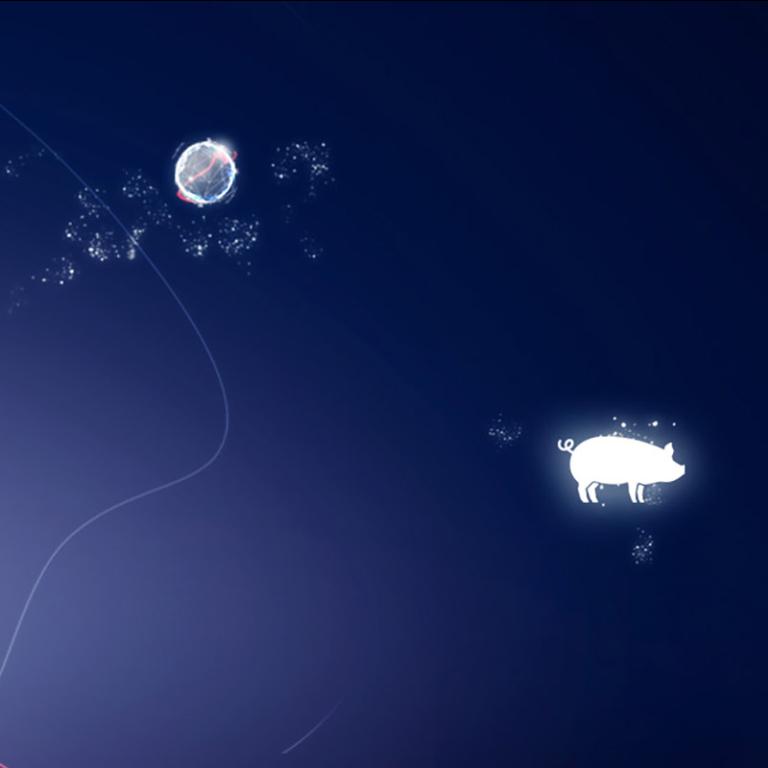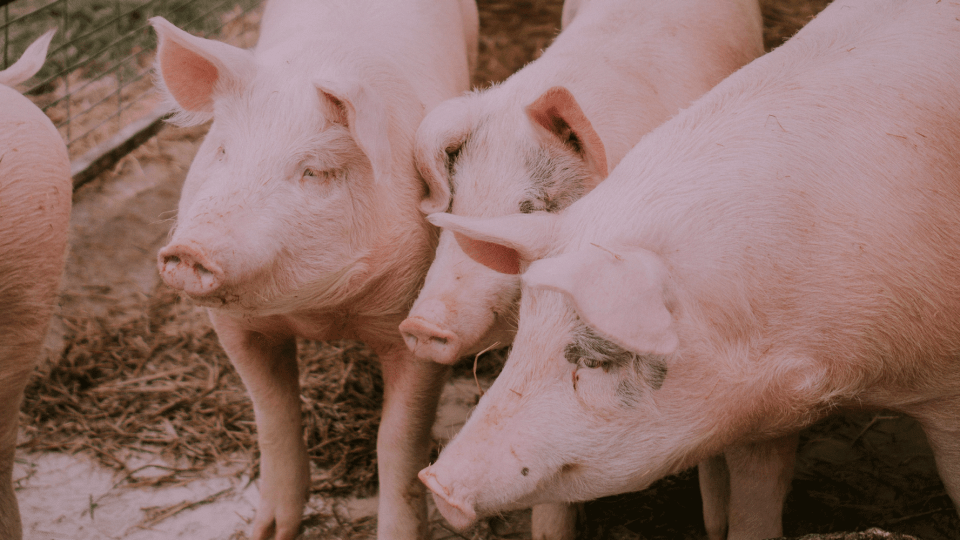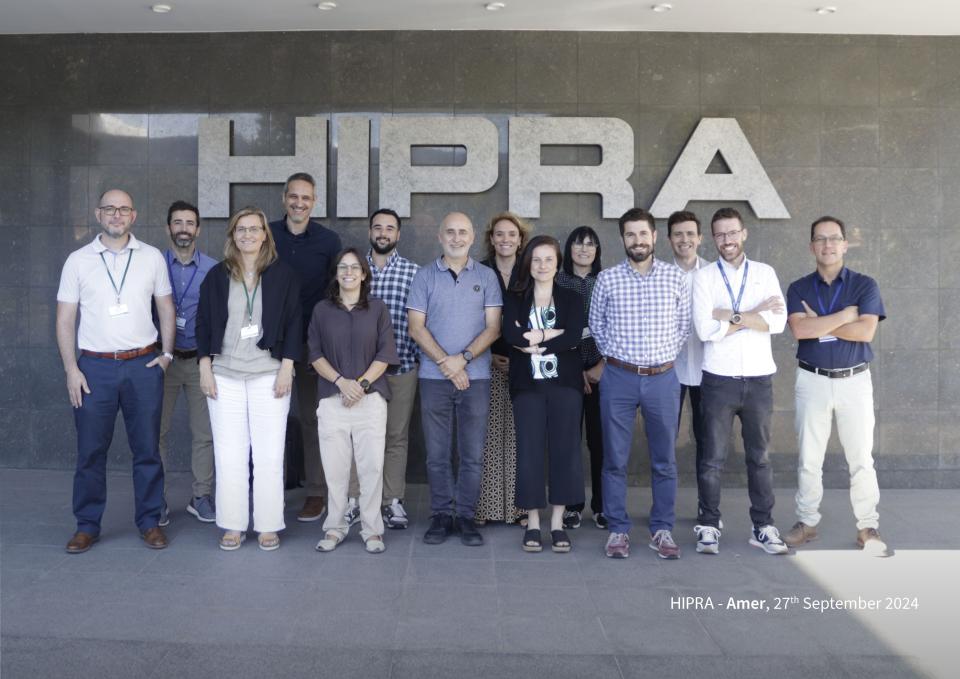- PRRS virus and TLRs. Toll-like receptors (TLRs) play a crucial role in innate immunity as one of the pattern-recognition receptors directed against conserved molecules in pathogens. TLR3, 7/8 and 9 in particular are involved in antiviral responses. Preliminary in vitro and in vivo results show that PRRS virus may produce interference or a transient inhibition of some of these TLRs in macrophages and DCs. As a consequence, poor production of a number of cytokines may occur.
PRRS virus isolates have a variable suppressive effect on TLR expression.
- PRRS virus and cytokines (IFN-α and other). IFN-α has key functions as an antiviral agent and modulator of the immune response. PRRS virus has the ability to inhibit IFN-α synthesis in macrophages and DCs. In fact, IFN-α cannot be detected in the lungs of pigs in which PRRS virus is actively replicating.
Generally speaking, it is thought that plasmacytoid dendritic cells (pDCs) are the major source of IFN-α; also, PRRS virus fails to induce these cells to produce IFN-α.
Non-structural proteins 1α, 1β, 2, 4 and 11, and also N protein, are the PRRS virus proteins found to be antagonists of IFN-α induction.
Indeed, PRRS virus seems able to regulate proinflammatory cytokines such as IL-1β and TNF-α. Changes and deletions in non-structural protein 2 could be responsible for the limited production of these cytokines. PRRS virus may also enhance production of IL-10, which has an important role in the regulation of the immune response.
PRRS virus isolates have a variable effect on IL-10 and proinflammatory cytokine induction.
- PRRS virus and natural killers (NK). NK are innate immunity cells that can recognise and bind to infected cells. Some studies have suggested that PRRS virus infection may supress NK activation/function.
- PRRS virus and APCs. As previously seen, these cells are responsible for antigen processing and presentation to T helper cells. It has been demonstrated that some subpopulations of DCs and macrophages are susceptible to PRRS virus infection. The virus may dampen their function, altering their cytokine production and modifying the expression of immunologically relevant molecules on their surface. PRRS virus may therefore interfere with correct antigen presentation, impairing APC function; as a result, there will be poor activation of T cells.
PRRS virus isolates have a variable effect on the expression of immunologically relevant cell-surface molecules and cytokine production in APCs.

